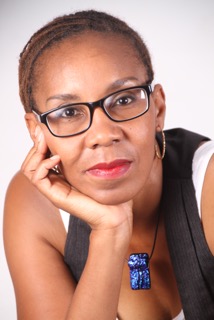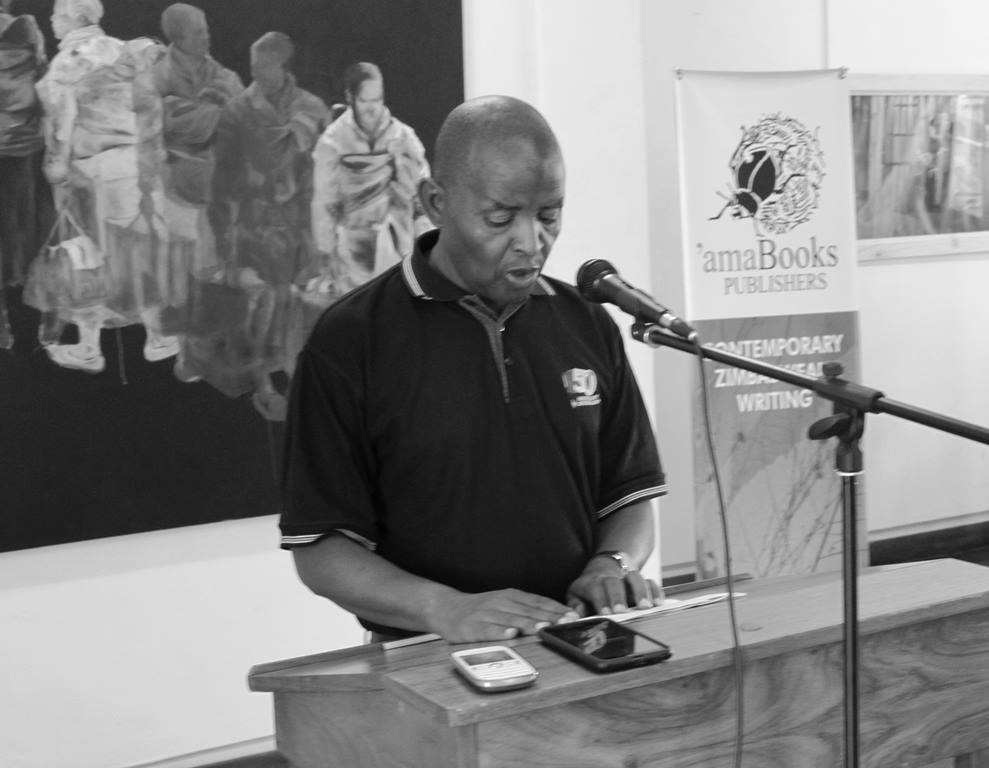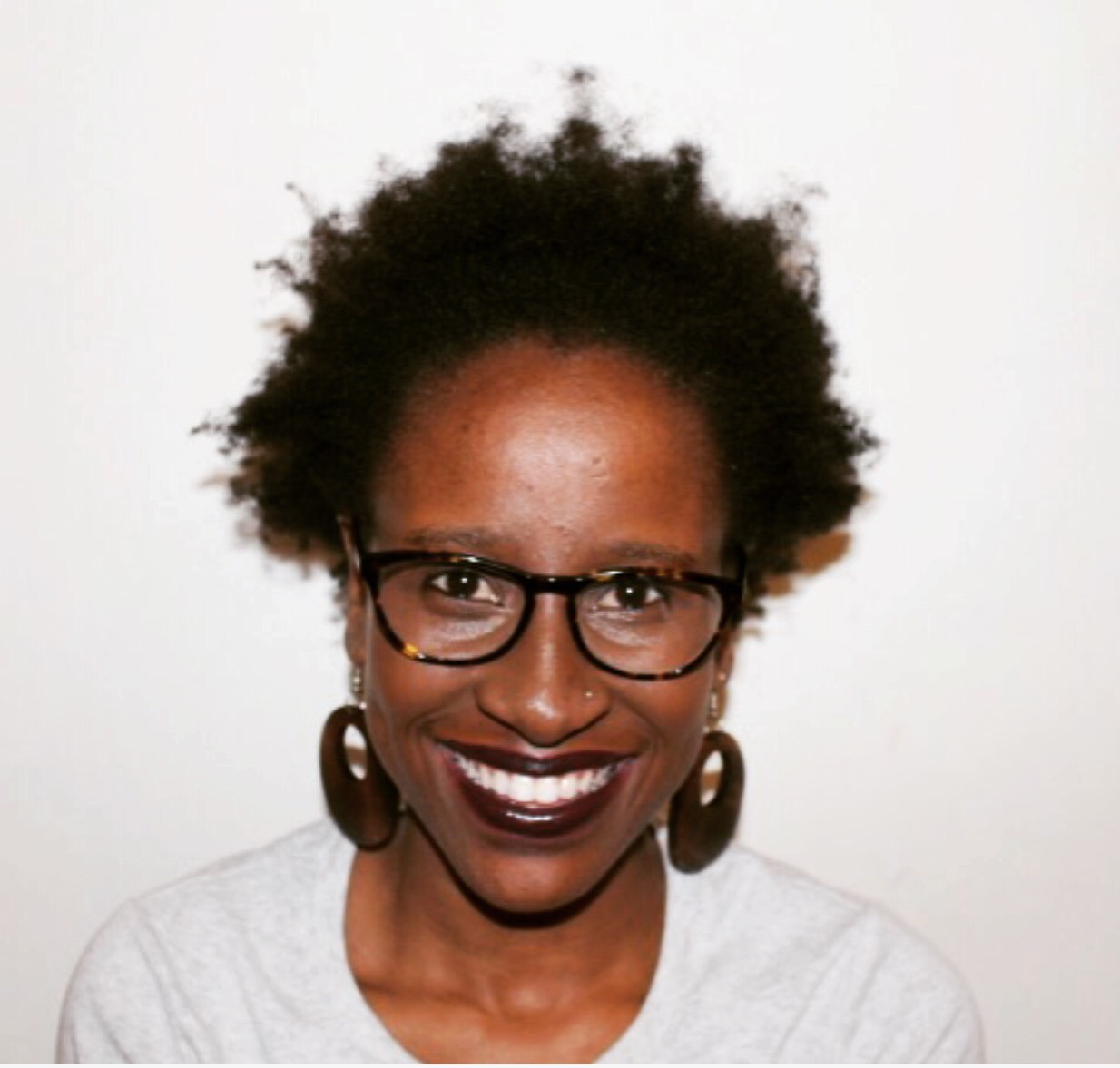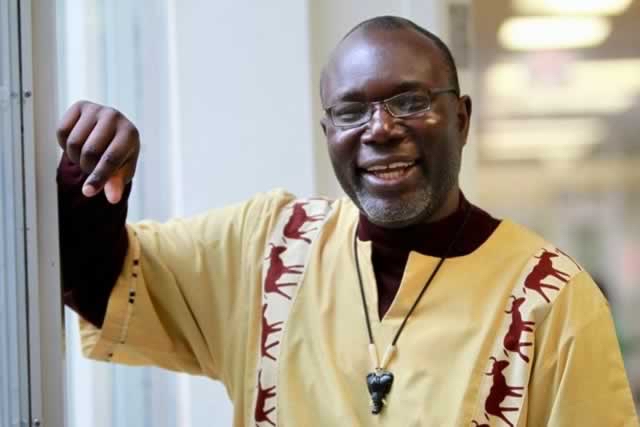from:http://caineprize.blogspot.co.uk/2014/04/a-visit-to-st-werburgh-school-in-bvumba.html
The
Bvumba is a special place for me: as a child, my family spent many holidays
there and I have lots of special memories of long walks through the jungly
terrain, sitting next to a huge open fire in the evenings and watching the mist
rise as the sun came up in the morning. In 1981, we lived for a year in
Penhalonga, not far from Mutare along the Mozambican border. I remember
going to school in a very old bus, chugging up Christmas Pass and then that
wonderful sense of almost freewheeling it down the other side into Mutare where
I went to school. It was a time of great transition in Zimbabwe: black
children were allowed into what had predominantly been white government
schools, and many white people were leaving for places such as South Africa and
Australia. The war in Mozambique was still in full force and, for all
that we were so near, we may as well have been on a different planet. The
only interaction we had with the country was through the itinerant border
jumpers who came across to sell the food aid they had received from West
Germany: tins of fish which they couldn’t open.
Years
later and here I was in the Bvumba once again, attending a Caine Prize
workshop. Towards the end of our time there, we were divided into groups
of four and sent off to different schools to give a talk about our writing. St.
Werburgh is situated on the Burma Valley Road, on the other side of the
mountain that dominates Leopard Rock. It is an Anglican school, started
in 1897, but it receives no funding from the church. Originally situated
on white commercial land, from whom it received some financial help, the school
is now on its own, relying on US$25 a term school fees from its 900+
pupils.
 The other groups of writers went to secondary
schools to give talks whereas we were invited to speak to the primary school’s
Young Writer’s Club, a group of 8-12 year olds. That the school had such
a group was of great interest to me as an English teacher. From my own
experience, such clubs are attended by few and usually run out of enthusiasm
quite quickly. However, the 40 or so children who all trouped into the
classroom to meet us proved that this was a writing club with a
difference. Luckily, it is headed by teachers who are keen to teach and
share their ideas with the children in their care.
The other groups of writers went to secondary
schools to give talks whereas we were invited to speak to the primary school’s
Young Writer’s Club, a group of 8-12 year olds. That the school had such
a group was of great interest to me as an English teacher. From my own
experience, such clubs are attended by few and usually run out of enthusiasm
quite quickly. However, the 40 or so children who all trouped into the
classroom to meet us proved that this was a writing club with a
difference. Luckily, it is headed by teachers who are keen to teach and
share their ideas with the children in their care.
We were
shown their writing books in which they had recorded details about their
families - many of them are being brought up entirely by their mothers –
and about trips away to a nearby waterfall and the museum in Mutare. They
had also written an imaginative story; one about a rat who ate the back of a
man’s coat sticks in my mind. The man wore the coat, not knowing that the
back was missing and everyone laughed at him as he walked down the road!
What really struck me as I read the children’s
work was how good their English was. I work at a private school in Zambia
where school fees are between US$3000-5000 a term (depending on if they are
primary/secondary and boarding/day-scholars) and yet the standard of English is
incredibly poor. The pupils I teach are not all first language English speakers,
but they all speak English at school. At the age of fifteen, they
struggle to hand in an essay which is more than one side of an A4 page long and
which has a clear beginning, middle and end. Yet these children in a
remote government school in Zimbabwe have already got to grips with the basic
structure of a story.
 Another
thing which impressed me was the ease with which the children could stand up
and recite poems to the audience. Not many students I teach could do that
from memory or they would mumble and look self-conscious and try to slink off
without being noticed.
Another
thing which impressed me was the ease with which the children could stand up
and recite poems to the audience. Not many students I teach could do that
from memory or they would mumble and look self-conscious and try to slink off
without being noticed.
It is a generally accepted fact that if anyone
wants to be a good writer, they have to be a good reader. I give talks to
parents about the importance of reading to their children because more and more
children are writing within a vacuum. They have nothing to stimulate
their imaginations because no one is reading to them, including teachers, who
often don’t value reading as it’s not ‘part of the syllabus’. At St.
Werburgh the problem is a different one. They don’t have any books to
read to the children. Unfortunately, the suggestion to download free
books off the internet, was not a particularly practical one in an area with no
cell phone signal, never mind internet access.
The
children sang for us and we were also taken on a tour of the school before
being offered mealies to eat. On the tour, we saw the IT department and
the special needs class. There is also a class for children with autism
and downs syndrome. One of the girls is brain damaged after being hit by
a car. What I saw in the classrooms is some very progressive teaching
practice. There is a rota on the wall for cleaning the classroom; the
children are taught skills such as knitting and the teacher plays music through
her cell phone to provide stimulation. She says that ideally they would
like a CD player and I can feel that hint in her voice that hopes I might be
the provider of such a machine.
I was impressed by the amount of pictures on the
wall, some standard Ministry of Education posters about cholera and the
importance of washing hands, but also handmade ones, some out of old corn
flakes packets – vowel sounds and times tables. It occured to me that the
reason these children’s English is of such a good standard is because the basic
teaching practice in Zimbabwean government schools still focuses on spelling
rules and multiplication tables. This is something that has been
forgotten in many private schools and only recently has its significance
re-emerged in the UK.
 |
| Abdul Adan with children from the school |
Abdul
Adan made a name for himself by learning part of a Shona song and also
teaching a large group of school children who had gathered round him a Swahili
song. The area the school is situated in is a truly beautiful one and I
couldn’t help envying the children for living in such an area. However,
it is also a place of incredible hardship. Most of the parents who send
their children to this school are subsistence farmers. As they all tend
to grow the same crop, maize, the price of a bucket of mealies is dirt
cheap. US$25 a term in school fees may not sound like a lot of money, but
it certainly is for these people. Some of the children faint during the
school day as they have had nothing to eat all morning and the school cannot
possibly feed them.
It is
hard sometimes, considering the history of Zimbabwe in the last fifteen years,
to understand why education is still so valued in the country. Many of
the children wrote how they wanted to be pilots or lawyers because ‘that’s how
you make lots of money’. Yet the country wide pass rate for ZIMSEC O
level is 16%. Even if these pupils do go on and get their A Levels, what
then? According to one of the teachers, the best thing to do would be to
teach the pupils a skill so that they can actually do something practical,
besides farming, when they leave.
Some of
the children live as far as ten kilometres away, up the mountain and must not
delay in their start to the long walk home. They walk in groups as there
is a danger that, especially girls, may be attacked and raped if they are on
their own. In the past, some children have disappeared, probably taken
for body parts, although this hasn’t happened for a while.
We leave
after an exchange of email addresses and phone numbers. Can I get any of
the teachers a job in Zambia? An average teacher in Zimbabwe earns just
short of US$500 a month, regardless of experience and qualifications. A
government school teacher in Zambia can earn around US$1000 a month and they
are often given car and housing loans.
As we drive away, I marvel at the resilience of
these teachers, people who obviously pour so much of their time and effort into
teaching these children and who receive very little monetary recompense for
it. The landscape is incredibly beautiful as the car bumps and bounces
down the road. I think again of our family holidays, how there was always
this feeling of security, of knowing what was going to happen. Today I
feel that we spend too much time ticking off places we have gone to.
Holidays
must always be somewhere different, somewhere exotic. Yet there is
something endearingly comforting about having a favourite place.
It is a
long time since we spent those holidays in the Bvumba and much has happened in
both my family life and the life of Zimbabwe, and for me the country of my
birth is a paradoxical mixture of love and incredible sadness. I wish in
many ways that the workshop had been held elsewhere, in a place with no
emotional investment for me. I think of my story that I have written over
the course of the workshop. It is sad, but it is also about letting
go. I suppose that’s what I want to do really, let go. But in my
heart of hearts, I can’t. It’s under my skin, you see, and that’s why
it’s me who can never really leave it.
Don't you know, little fool, you never can win?
Why not use your mentality - step up, wake up to reality?
But each time I do just the thought of you
Makes me stop just before I begin
'Cause I've got you under my skin.
Yes, I've got you under my skin.
 The Caine Prize 2014 shortlist, announced by Nobel laureate and prize patron Wole Soyinka in Port Harcourt, Nigeria, as part of the UNESCO World Book Capital celebrations, is Diane Awerbuck (SA), Efemia Chela (Ghana), Tendai Huchu (Zim), Billy Kahora (Kenya), Okwiri Oduor (Kenya).
The Caine Prize 2014 shortlist, announced by Nobel laureate and prize patron Wole Soyinka in Port Harcourt, Nigeria, as part of the UNESCO World Book Capital celebrations, is Diane Awerbuck (SA), Efemia Chela (Ghana), Tendai Huchu (Zim), Billy Kahora (Kenya), Okwiri Oduor (Kenya).





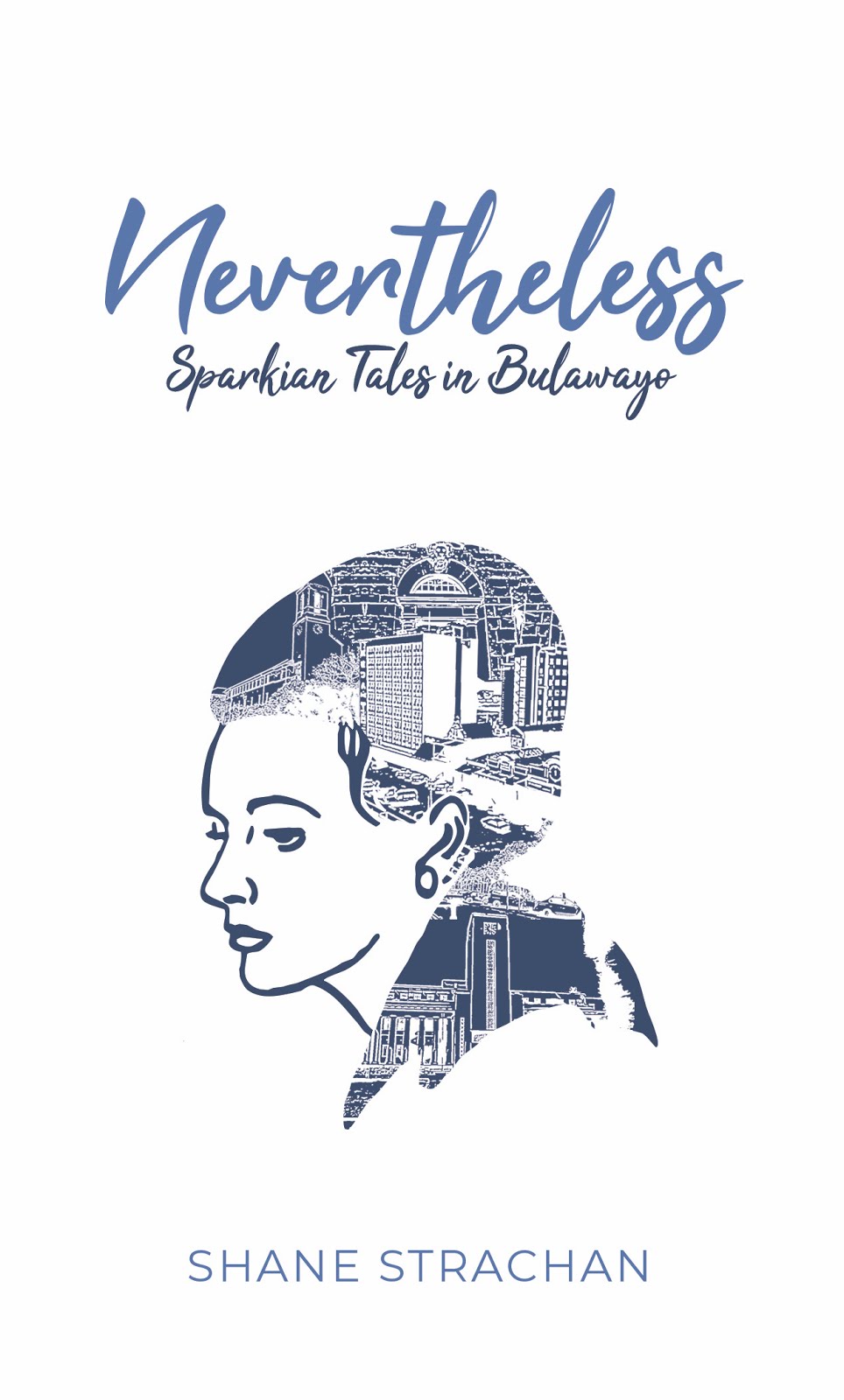





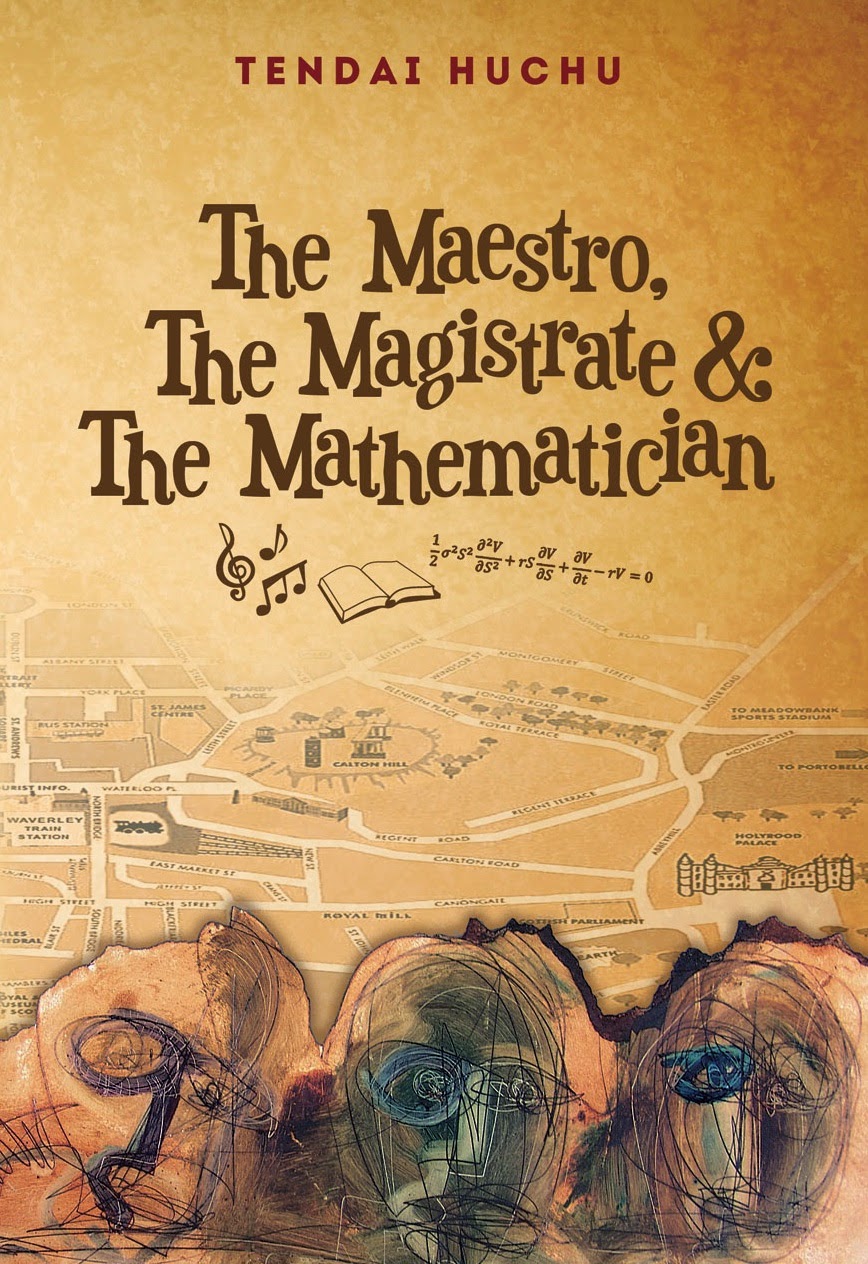
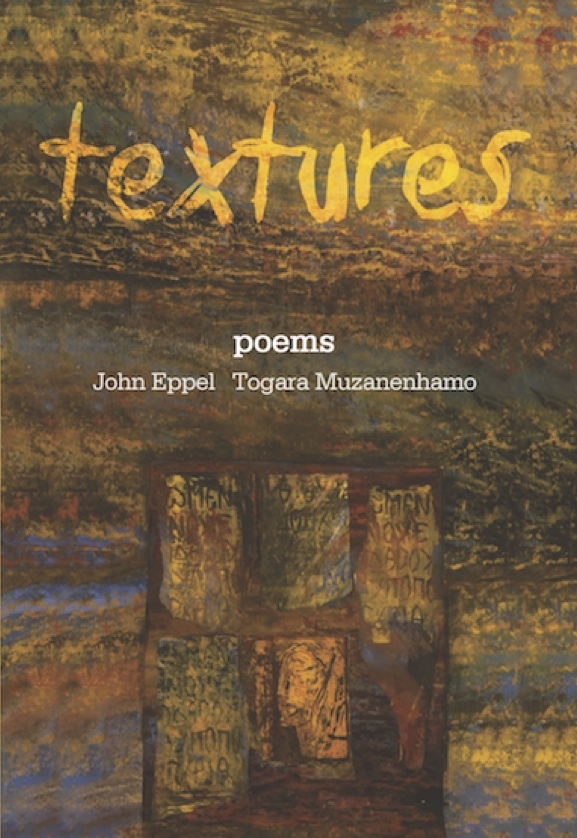
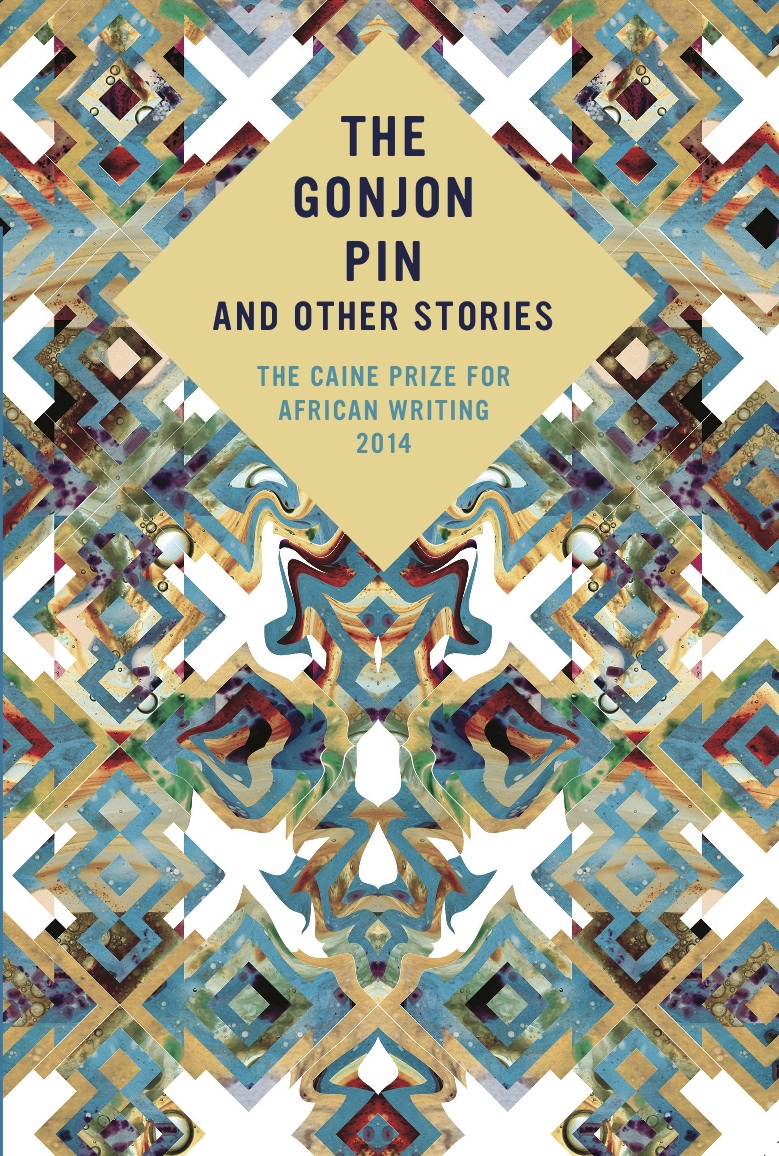
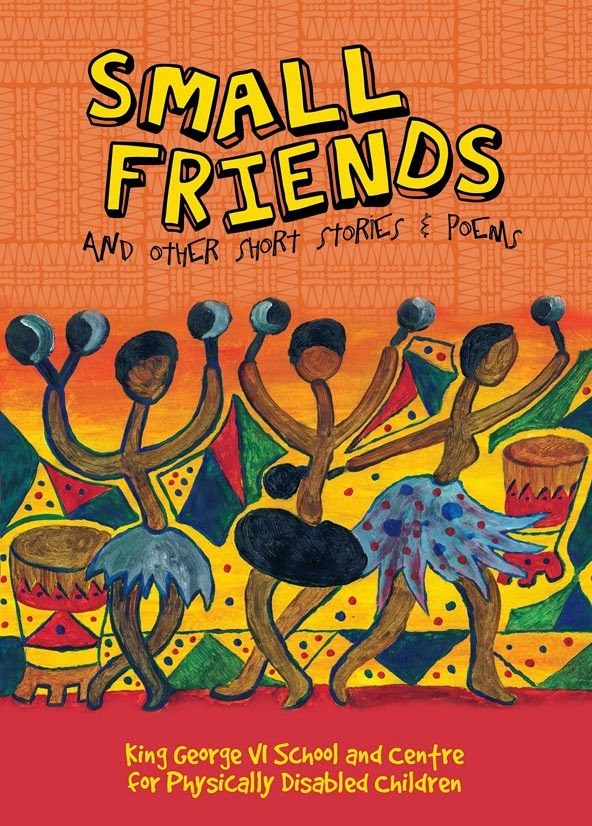
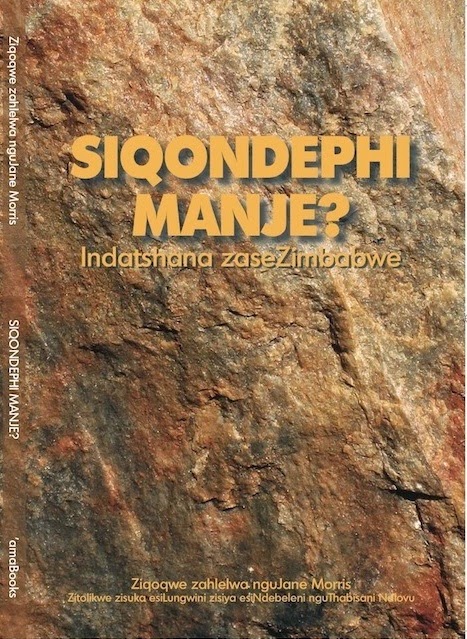
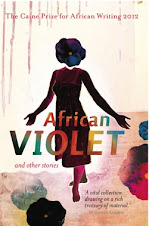

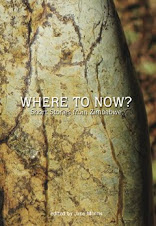
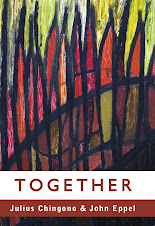
.jpg)

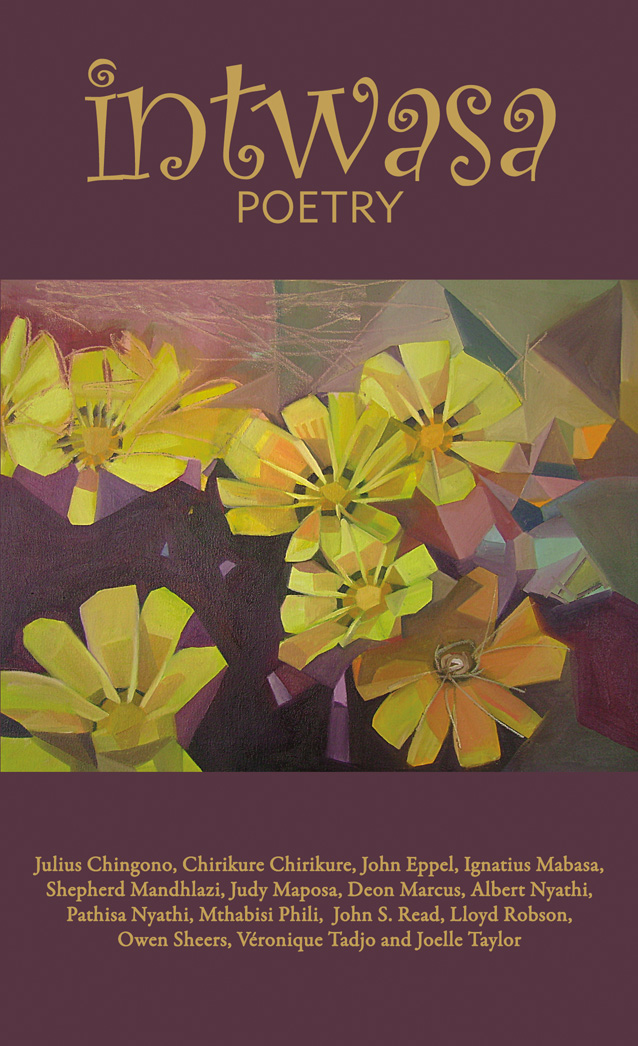


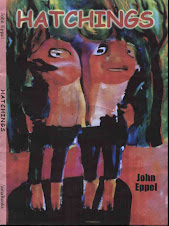













.jpg)




